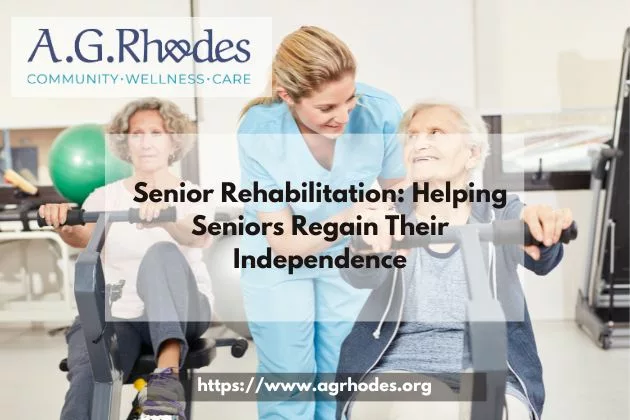
The Need for Specialized Care
Elderly individuals often face unique challenges related to mobility, strength, and cognition. Traditional healthcare may not adequately address these issues, highlighting the necessity of specialized rehabilitation services. From recovering after surgery to managing chronic conditions, seniors benefit immensely from targeted interventions.
The Role of Senior Rehabilitation Centers
Senior rehabilitation centers serve as pillars of support for aging individuals and their families. These facilities offer a multidisciplinary approach, incorporating physical therapy, occupational therapy, and speech therapy to address diverse needs comprehensively.
Personalized Treatment Plans
One size does not fit all in senior rehabilitation. Each individual receives a customized treatment plan tailored to their specific goals and abilities. Whether aiming to improve balance, regain mobility, or enhance cognitive function, the rehabilitation team works collaboratively to optimize outcomes.
Key Components of Senior Rehabilitation Programs
Successful senior rehabilitation hinges on a holistic approach encompassing various components:
1. Physical Therapy
Physical therapists specialize in restoring movement and function, utilizing exercises, manual therapy, and assistive devices to enhance mobility and reduce pain.
2. Occupational Therapy
Occupational therapists focus on promoting independence in daily activities, such as dressing, cooking, and grooming, through adaptive techniques and environmental modifications.
3. Speech Therapy
Speech-language pathologists address communication disorders and swallowing difficulties, employing exercises and strategies to improve speech clarity and swallowing function.
4. Psychological Support
Emotional well-being is integral to the rehabilitation process. Psychologists and social workers provide counseling and support to seniors and their families, fostering resilience and coping skills.
Benefits of Senior Rehabilitation Programs
The advantages of senior rehabilitation extend far beyond physical healing:
Enhanced Quality of Life: By regaining independence and functional abilities, seniors experience an improved overall quality of life.
Reduced Risk of Complications: Rehabilitation helps prevent complications associated with immobility, such as pressure ulcers and muscle atrophy.
Promotion of Social Interaction: Group therapy sessions and recreational activities promote socialization and combat feelings of isolation.
Empowerment and Confidence: Achieving milestones and overcoming challenges instills a sense of empowerment and boosts self-confidence.
Conclusion:
Senior rehabilitation is not just about restoring physical function—it’s about empowering individuals to live life to the fullest. By providing comprehensive support tailored to their unique needs, these programs play a pivotal role in helping seniors reclaim their independence and dignity.

